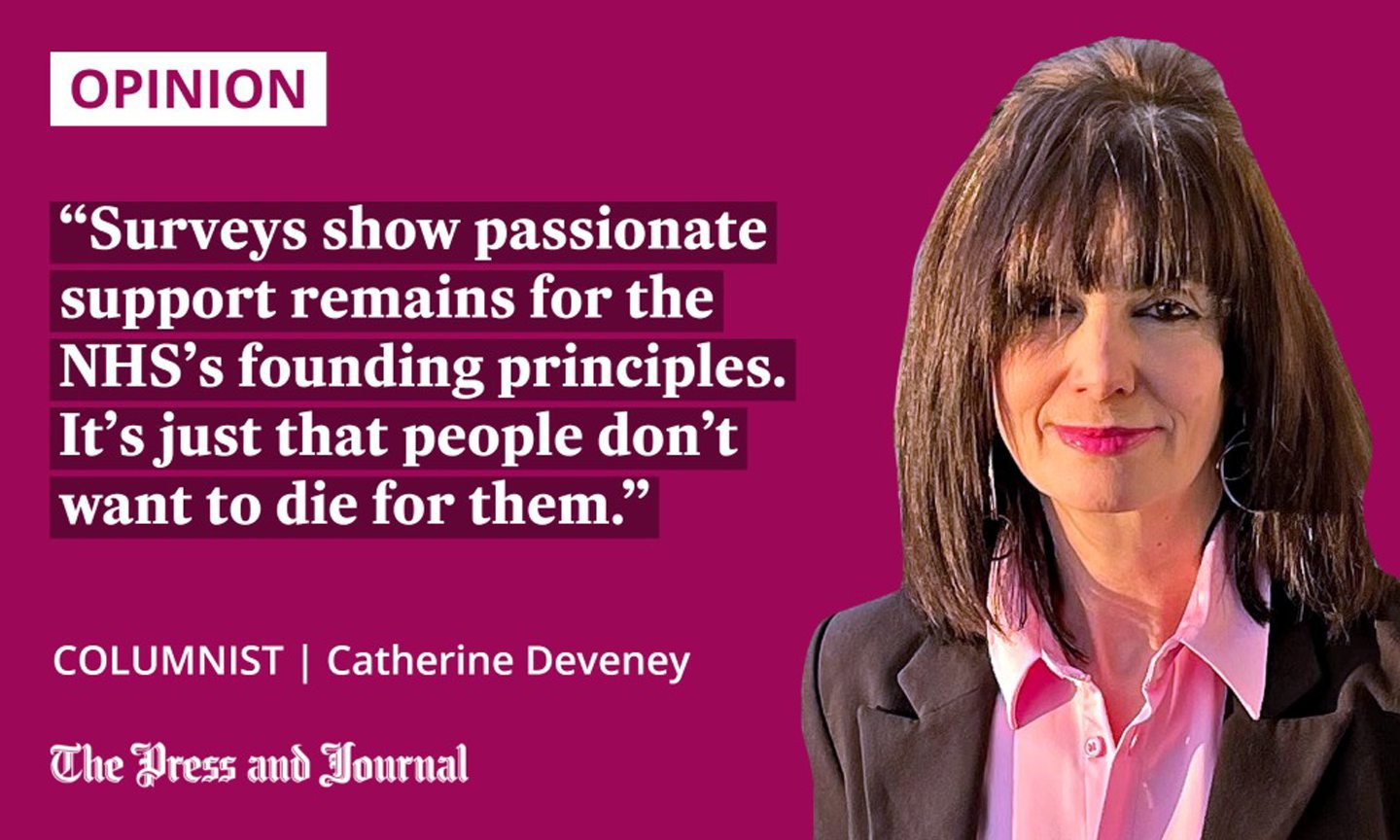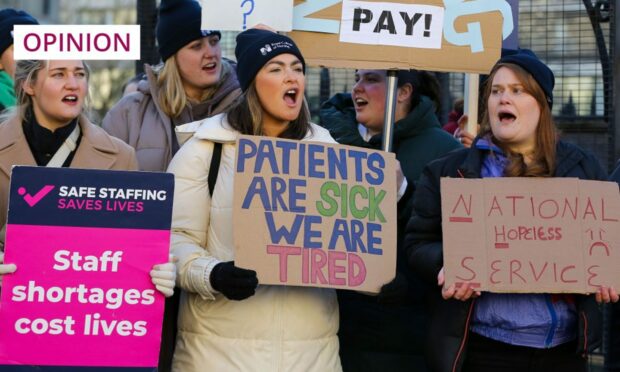Rakesh Singh lives in the slums of Kalighat, the red-light district of Kolkata, India. At 13, he contends with big issues; he has seen life already.
His serious, dark eyes fill with fear and concern when talking about his parents, who, he says, he loves most in the world. God forbid they leave him. But they might die. His father’s health is not good.
On camera, Rakesh struggles visibly before losing an internal, emotional battle, his eyes filling with tears. “I want to be a doctor when I grow up,” he says, wiping his hands across his eyes. “I want to open a clinic so that I can help people in need.”
Watching Rakesh’s film this week, the 75th anniversary of the NHS, was particularly poignant. Last week, we had the King’s Fund health report, which highlighted the NHS’s “poor” performance. Britain came second last out of 19 wealthy countries for life expectancy and for survival after heart attack or stroke, while cancer survival rates were “below average”.
What has got lost along the way? Rakesh’s words hold an answer. They provide not a new insight, but an old one that has become submerged under layers of needless complexity in the NHS’s 75 years.

In 2010, when Labour last lost power, 70% of the public were satisfied with our health service. Now, the annual survey of attitudes shows a public satisfaction rate of just 29%, with respondents naming long waiting lists, understaffing, and lack of government funding as the major frustrations.
The Conservatives have allowed the NHS to putrefy, slowly decomposing in a political regime of neglect, mismanagement and indifference. It is steadily splitting into a two-tier system, with ordinary people increasingly turning to private healthcare.
Surveys show passionate support remains for the NHS’s founding principles. It’s just that people don’t want to die for them.
This week, the King’s Fund survey, along with the Health Foundation and the Nuffield Trust, highlighted years of underinvestment. Lack of money causes lack of pride and lack of motivation. There’s a resulting deterioration in culture and attitude, an increasing sense of disillusionment and hopelessness from staff, combined with poor management that emphasises hierarchy rather than collaboration.
The NHS has been treated like a business. It’s now a failing business.
Predictions suggest that, by 2036, the NHS will be short of 570,000 staff. Currently, shortages are being filled by agency workers. It’s far more financially lucrative to work in an NHS ward as a temporary bank nurse than a permanent NHS one.
Who can blame staff for giving up poorly paid jobs and switching to NHS agency rates? But the £6 billion agency bill isn’t paid from some external source. The NHS pays. WE pay. Why isn’t that money invested in a proper salary rise for NHS workers in the first place?
Access to good healthcare is a human right for all
Rakesh Singh wants to be a doctor because he wants to cure his dad. So many people in his community suffer from cancer. “I want to cure them,” he says. Listening to him, it seems so obvious what has gone AWOL in our NHS: the vocational drive; the person-centred approach; the desire to do a job because you care.
It is hard to imagine any greater motivator than a sick parent, a helpless child, a loved one that you need to heal. Someone you think of when you deal with strangers. When you watch any charity run, what motivates that participant who lumbers in last in the ridiculous bear suit? The people they lost or nearly lost.
Rakesh is educated by a wonderful charity called New Light that looks after children from complex backgrounds, often the children of sex workers in the Kalighat. The children’s stories are online: short, sweet, recordings of hopes and dreams from kids who know that education is the path to a future.
At its heart, the NHS will never function effectively unless it is driven by deep care and concern
Rakesh’s motivation to be a doctor is not just the desire to help his own personal family, but to assist the community of New Light. “I want to help New Light just like New Light has supported me,” he says earnestly. “I want to make it bigger.”
The NHS, too, should be that kind of compassionate community, one that inspires similar loyalty, that grows. Not a corporate entity where senior managers talk about “my service”. Not a kingdom with competing power bases.
The access to good healthcare is a human right for all, not a privilege for the few. Staff need to be appreciated and renumerated appropriately to create a culture that motivates and inspires pride.
But, at its heart, the NHS will never function effectively unless it is driven by deep care and concern. It’s a simple message, brought home so powerfully by a 13-year-old boy in the slums of Kalighat who has never had the good fortune to experience that kind of care, yet dreams of providing it.
Catherine Deveney is an award-winning investigative journalist, novelist and television presenter

